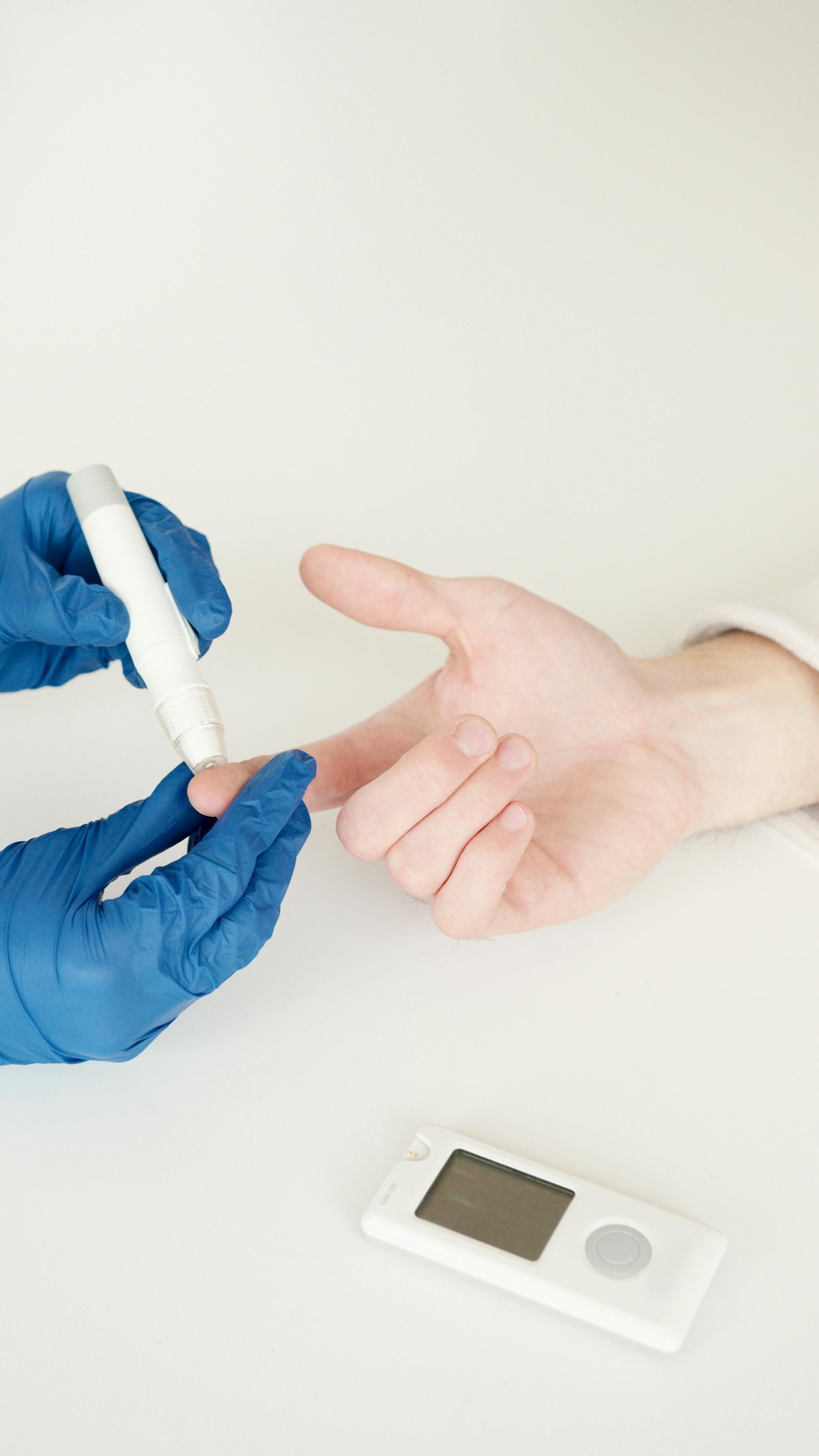
Image Source: Pexels
Off-label use of prescription medications has long been a topic of debate within the medical community. It involves using a medication for a purpose other than its approved use. One such medication that has sparked controversy in recent years is Ozempic. Ozempic is a medication primarily approved for the treatment of type 2 diabetes. However, some individuals have turned to using Ozempic for weight loss purposes, even if they do not have diabetes. In this article, we will delve into the controversy surrounding off-label use of Ozempic without diabetes, understanding the medication and its approved uses, potential risks and side effects, the legal and ethical considerations, opinions from the medical community, alternative treatments, and the importance of consulting with a healthcare professional before considering off-label use.
What is off-label use?
Off-label use refers to the practice of prescribing or using a medication for a purpose other than what it was originally approved for by regulatory authorities. While doctors have the authority to prescribe medications off-label, it is important to note that this practice is not without controversy. Off-label use often occurs when a physician believes that the medication may provide benefits for a specific condition or symptom that is not included in the approved indications.
The controversy surrounding off-label use of Ozempic
Ozempic is a medication that belongs to a class of drugs called glucagon-like peptide-1 (GLP-1) receptor agonists. It works by helping the body regulate blood sugar levels and can be an effective treatment for individuals with type 2 diabetes. However, the controversy arises when individuals without diabetes start using Ozempic for weight loss purposes. This off-label use has gained popularity due to anecdotal evidence and personal experiences shared online, but it has also raised concerns among healthcare professionals.
Understanding Ozempic and its approved uses
Ozempic, also known as semaglutide, is approved for the treatment of type 2 diabetes in adults. It is administered as a subcutaneous injection once a week and helps to lower blood sugar levels by mimicking the action of a naturally occurring hormone called GLP-1. By activating GLP-1 receptors, Ozempic stimulates the release of insulin, reduces appetite, and slows down the emptying of the stomach. These effects can be beneficial for individuals with diabetes as they can help improve blood sugar control and promote weight loss.
Potential risks and side effects of taking Ozempic without diabetes
While Ozempic may offer benefits for individuals with diabetes, taking it without a diabetes diagnosis can pose potential risks and side effects. The medication is specifically designed for individuals with type 2 diabetes who have difficulty managing their blood sugar levels. Using Ozempic without diabetes can disrupt the body’s natural hormonal balance and lead to an increased risk of hypoglycemia (low blood sugar). Additionally, Ozempic is not a magic weight loss pill, and using it without proper medical supervision may result in unintended consequences.
Anecdotal evidence and personal experiences of taking Ozempic without diabetes
The internet is filled with personal anecdotes and success stories of individuals who have used Ozempic off-label for weight loss. Many claim to have experienced significant weight loss and improved overall health. However, it is important to approach these stories with caution. Personal experiences shared online are subjective and do not constitute scientific evidence. Each person’s body is unique, and what works for one individual may not work for another. Relying solely on anecdotal evidence can be misleading and potentially harmful.
Legal and ethical considerations of off-label use
From a legal standpoint, off-label use of medications is generally allowed and falls under the discretion of the prescribing physician. However, it is essential to consider the ethical implications of off-label use. Physicians have a duty to prioritize patient safety and well-being. Prescribing a medication off-label without sufficient evidence or medical justification may be seen as a breach of this duty. It is important for healthcare professionals to carefully evaluate the risks and benefits before recommending or prescribing a medication for off-label use.
Medical community opinions on off-label use of Ozempic
Opinions within the medical community regarding off-label use of Ozempic without diabetes are divided. Some healthcare professionals believe that the potential benefits outweigh the risks, especially in cases where individuals struggle with obesity and related health issues. Others caution against off-label use, citing the lack of scientific evidence and the potential for harm. It is crucial for individuals considering off-label use of Ozempic to discuss their intentions with a healthcare professional who can provide personalized advice based on their specific health circumstances.
Alternative treatments for weight loss and diabetes management
For individuals seeking weight loss or diabetes management, there are alternative treatments and lifestyle changes that can be explored. These may include dietary modifications, regular exercise, and other FDA-approved medications specifically indicated for weight loss. Consulting with a healthcare professional or a registered dietitian can provide valuable guidance in developing a comprehensive plan tailored to individual needs and goals.
Consulting with a healthcare professional before considering off-label use
Before embarking on any off-label use of medications, it is crucial to consult with a healthcare professional. Only a qualified medical practitioner can assess an individual’s medical history, evaluate the potential risks and benefits, and provide appropriate guidance. Self-medicating or relying solely on anecdotal evidence can be dangerous and may lead to unintended consequences. Open and honest communication with a healthcare professional is paramount to ensure safe and effective healthcare decisions.
Conclusion
The controversy surrounding off-label use of Ozempic without diabetes highlights the importance of evidence-based medicine and the role of healthcare professionals in providing safe and effective care. While personal anecdotes and success stories may be compelling, it is essential to approach off-label use of medications with caution. Consulting with a healthcare professional, exploring alternative treatments, and prioritizing patient safety should always be at the forefront of healthcare decisions. By doing so, individuals can make informed choices that align with their health goals while minimizing potential risks.